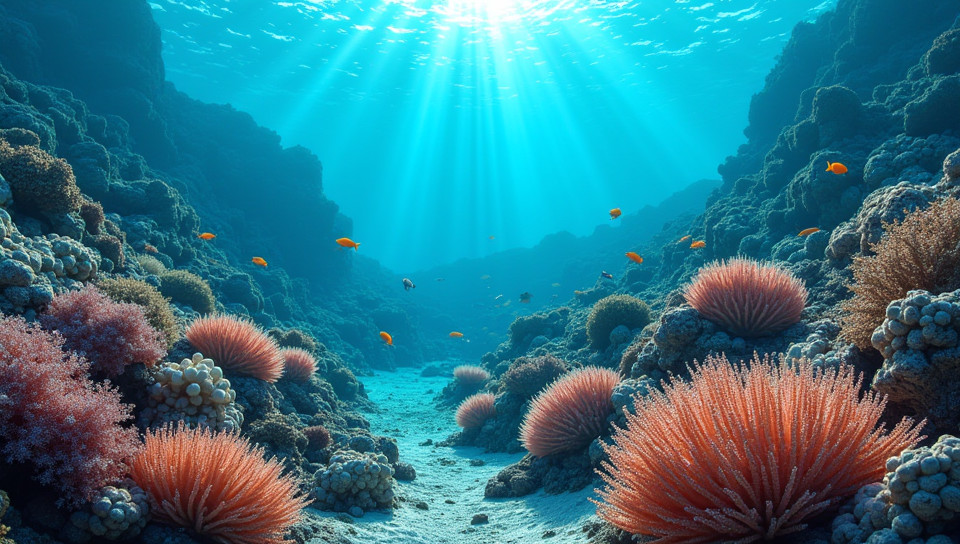Protection helps coral reefs grow stronger 70%

The Future of Coral Reefs: Why Protection is Key to Their Survival
Coral reefs are some of the most biodiverse ecosystems on the planet, providing a home for countless species of fish, invertebrates, and algae. However, these incredible natural wonders are facing unprecedented threats from climate change, overfishing, and pollution.
The State of Coral Reefs Today
- Pollution from fertilizers and sewage is causing coral bleaching, which occurs when corals expel their algal symbionts, turning white and often leading to the death of the coral.
- Overfishing and destructive fishing practices are depleting fish populations and damaging habitats.
- Climate change is causing ocean temperatures to rise, leading to mass coral bleaching events that can kill up to 70% of a reef.
The Importance of Protection
Protecting coral reefs is essential for maintaining their health and resilience. This involves implementing measures to prevent pollution, reducing overfishing, and addressing the impacts of climate change.
- Establishing marine protected areas (MPAs) helps to safeguard coral reefs from human impact.
- Implementing sustainable fishing practices, such as catch limits and no-take zones, can help to replenish fish populations and reduce bycatch.
- Supporting research into coral reef resilience and adaptation can inform management strategies and help reefs recover from disturbances.
The Benefits of Strong Coral Reefs
Strong, healthy coral reefs provide a range of benefits for both the environment and human communities. These include:
- Shoreline protection: Coral reefs act as natural barriers against storms and erosion.
- Fisheries: Coral reefs support commercial fisheries, providing food and income for millions of people.
- Tourism: Coral reefs attract tourists, generating revenue and supporting local economies.
Conclusion
The future of coral reefs depends on our ability to protect them from the impacts of climate change, pollution, and overfishing. By implementing effective conservation measures and supporting research into coral reef resilience, we can help these incredible ecosystems thrive for generations to come. It's time to take action and ensure that coral reefs continue to provide their many benefits for years to come.
- Created by: Paulo Azevedo
- Created at: Nov. 9, 2024, 11:20 a.m.
- ID: 15656









